
Editorial | Apr 24,2021
May 11 , 2024
By Hintsa Andebrhan
President Yoweri Museveni's recent remarks at the World Bank summit in Nairobi sharply encapsulate a long-standing debate about the direction of Africa's economic development. By invoking the term "sustainable underdevelopment," Museveni shed light on the continent's struggle against economic models that have historically not served its best interests. This critique points to the deeper issue of economic strategies often externally influenced by institutions such as the International Monetary Fund (IMF) and the World Bank.
The establishment of the IMF and the World Bank by the victors of the Second World War, led predominantly by the United States, has long been a contentious issue. The Bretton Woods Conference of July 1944 set the stage for this new economic order, establishing a system of fixed exchange rates that effectively placed the U.S. Dollar at the global economy's centre, linked directly to gold. Other currencies were pegged to the Dollar, embedding an American dominance in global finance.
The implications of this system, which ended when President Richard Nixon decoupled the Dollar from gold in the early 1970s, still resonate today. Despite the collapse of the fixed exchange rate system, the Dollar's influence continues, underpinning critiques that the Bretton Woods institutions represent a form of modern colonialism. The sentiment is particularly resonant in Africa, where economic policies prescribed by the IMF and the World Bank continue to influence domestic economic strategies.
These institutions have embedded themselves into African countries' political and economic fabric, coaxing development strategies that do not necessarily conform to their individual needs or contexts. For instance, the enthusiasm of African leaders, including Prime Minister Abiy Ahmed (PhD), for endorsements from the IMF and the World Bank about their economic growth, seems misplaced to some observers. These growth reports often contrast with the daily realities of the populations they are meant to depict.
Despite positive growth reports, millions of Ethiopians struggle with necessities—a disparity made apparent by Foreign Minister Taye Astkesellassie's recent appeals in Geneva for aid to assist millions affected by hunger and conflict.
Museveni’s sermon at the summit reflected an awareness of the philosophical, ideological, and strategic missteps that have historically plagued African economies since the 1960s. He argued, rather forcefully, that only radical changes to these socio-economic policies would establish a sustainable development pathway for the continent.
Indeed, looking at Africa's vast resources, it possesses over 30pc of the world’s natural reserves. Yet, the continent has not effectively leveraged these resources due to corrupt practices, inadequate political governance, and external economic pressures. These factors contribute to an economic status quo where many countries in Africa remain dependent on the frameworks set by the Bretton Woods agreements, limiting their ability to pursue independent economic policies.
The adherence to economic models promoted by the IMF and World Bank often does not translate into real economic progress or development that reaches the broader population. While political leaders may tout GDP growth figures amplified by these institutions, the lived experiences of their respective citizens often tell a different story. The disconnect feeds into the narrative that international financial institutions, while perhaps well-intentioned, may inadvertently perpetuate economic dependencies that resemble a new form of colonialism.
Corruption, poor governance, and the persistence of conflict are substantial barriers to development that need to be addressed internally within African governments. These internal crises often provide an opening for international bodies to exert influence over domestic policies, further complicating the path to genuine autonomy and sustainable development.
Leaders like Museveni have urged the way forward, which involves reevaluating the economic and political strategies that have guided Africa's post-independence life. Breaking free from the Bretton Woods institutions' economic prescriptions will require innovative economic policies and a robust political will. The leaders must commit to long-term strategies prioritising their populations' welfare over favourable short-term economic reports.
Greater continental integration might strengthen Africa's path to economic sovereignty. Economic and political collaboration among African countries could provide the collective strength needed to negotiate more favourable terms on the global stage, counterbalance external pressures, and ultimately promote an environment where the continent’s resources are used for its development. While President Museveni's call for a socio-economic overhaul clearly acknowledges past errors and offers an optimistic roadmap for the future, the real challenge lies in its implementation.
PUBLISHED ON
May 11,2024 [ VOL
25 , NO
1254]


Editorial | Apr 24,2021

Commentaries | Oct 05,2024
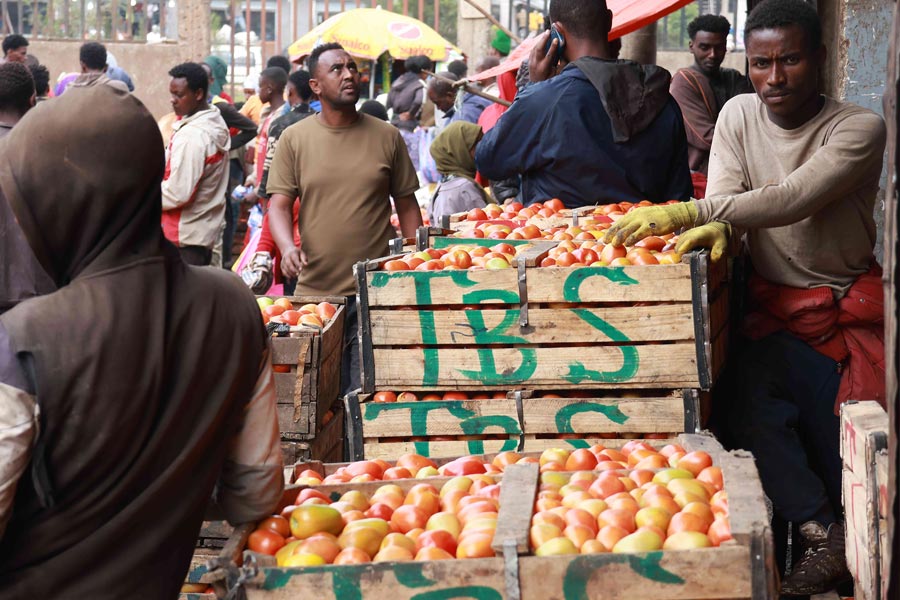
Agenda | Feb 17,2024
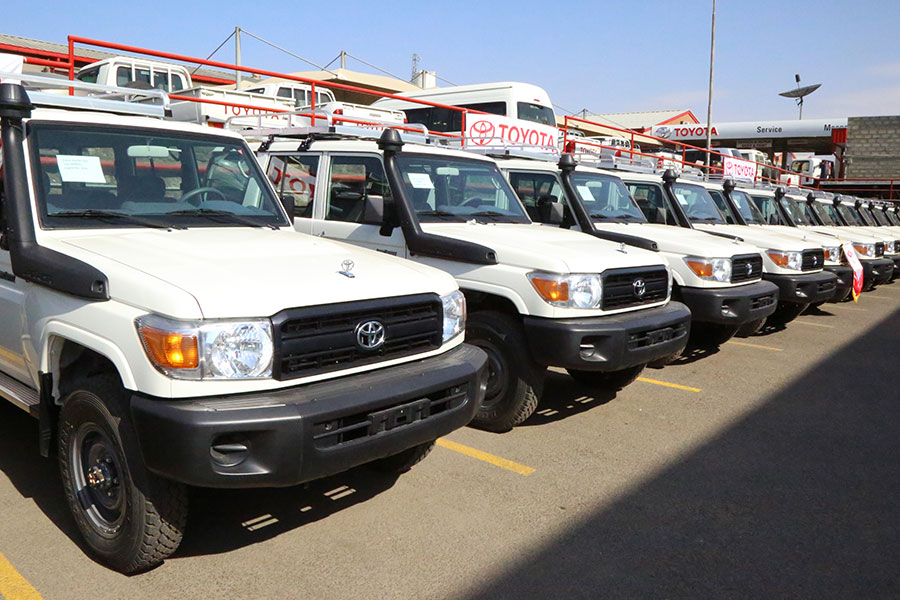
Fortune News | Feb 09,2019
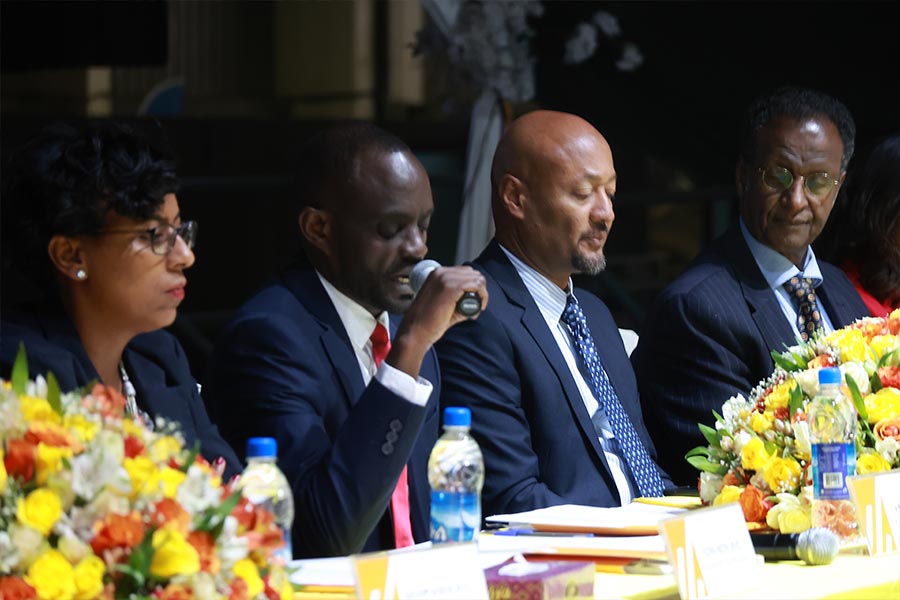
Radar | Dec 02,2023
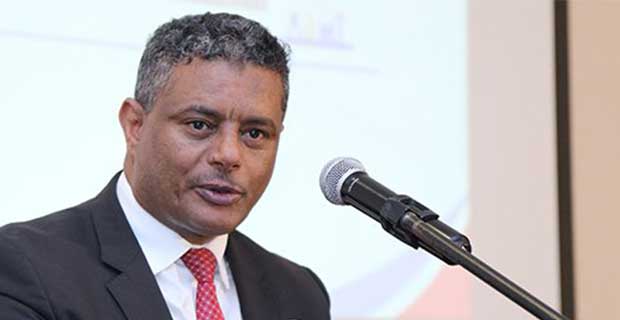
Radar | Feb 15,2020
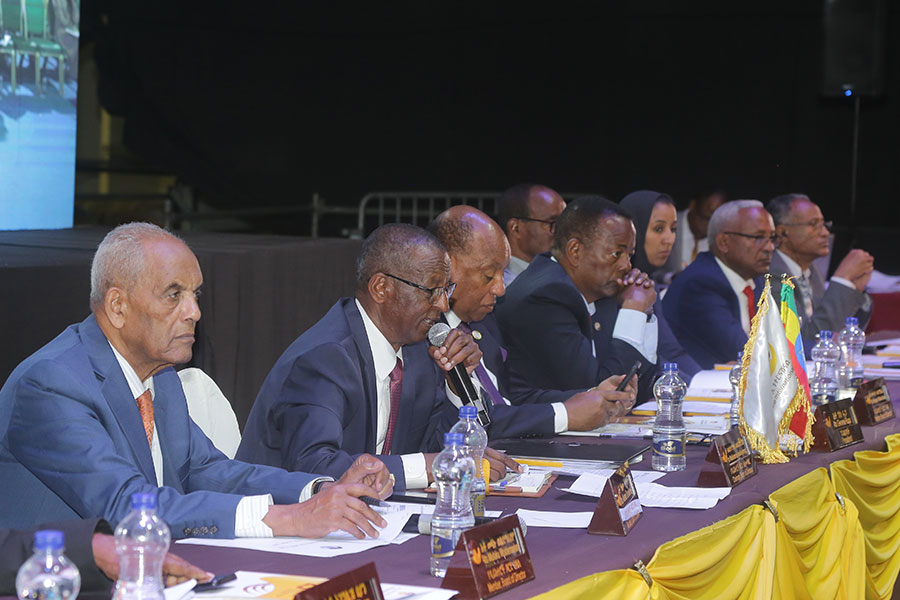
Fortune News | Feb 18,2023

Radar | Aug 03,2019

Fortune News | Feb 19,2022
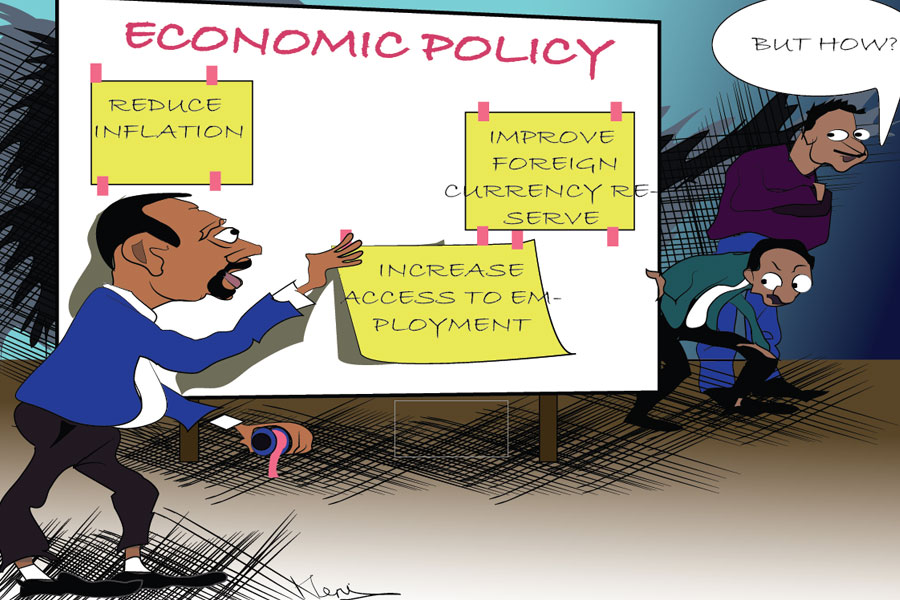
Editorial | Jan 26,2019

My Opinion | 132272 Views | Aug 14,2021

My Opinion | 128692 Views | Aug 21,2021

My Opinion | 126600 Views | Sep 10,2021

My Opinion | 124206 Views | Aug 07,2021





Dec 22 , 2024 . By TIZITA SHEWAFERAW
Charged with transforming colossal state-owned enterprises into modern and competitiv...

Aug 18 , 2024 . By AKSAH ITALO
Although predictable Yonas Zerihun's job in the ride-hailing service is not immune to...

Jul 28 , 2024 . By TIZITA SHEWAFERAW
Unhabitual, perhaps too many, Samuel Gebreyohannes, 38, used to occasionally enjoy a couple of beers at breakfast. However, he recently swit...

Jul 13 , 2024 . By AKSAH ITALO
Investors who rely on tractors, trucks, and field vehicles for commuting, transporting commodities, and f...

Jul 12 , 2025
Political leaders and their policy advisors often promise great leaps forward, yet th...

Jul 5 , 2025
Six years ago, Ethiopia was the darling of international liberal commentators. A year...

Jun 28 , 2025
Meseret Damtie, the assertive auditor general, has never been shy about naming names...

Jun 21 , 2025
A well-worn adage says, “Budget is not destiny, but it is direction.” Examining t...

Jul 13 , 2025 . By YITBAREK GETACHEW
The Addis Abeba City Revenue Bureau has introduced a new directive set to reshape how...

Jul 13 , 2025 . By BEZAWIT HULUAGER
Addis Abeba has approved a record 350 billion Br budget for the 2025/26 fiscal year,...

Jul 13 , 2025 . By RUTH BERHANU
The Addis Abeba Revenue Bureau has scrapped a value-added tax (VAT) on unprocessed ve...

Jul 13 , 2025 . By NAHOM AYELE
Federal lawmakers have finally brought closure to a protracted and contentious tax de...